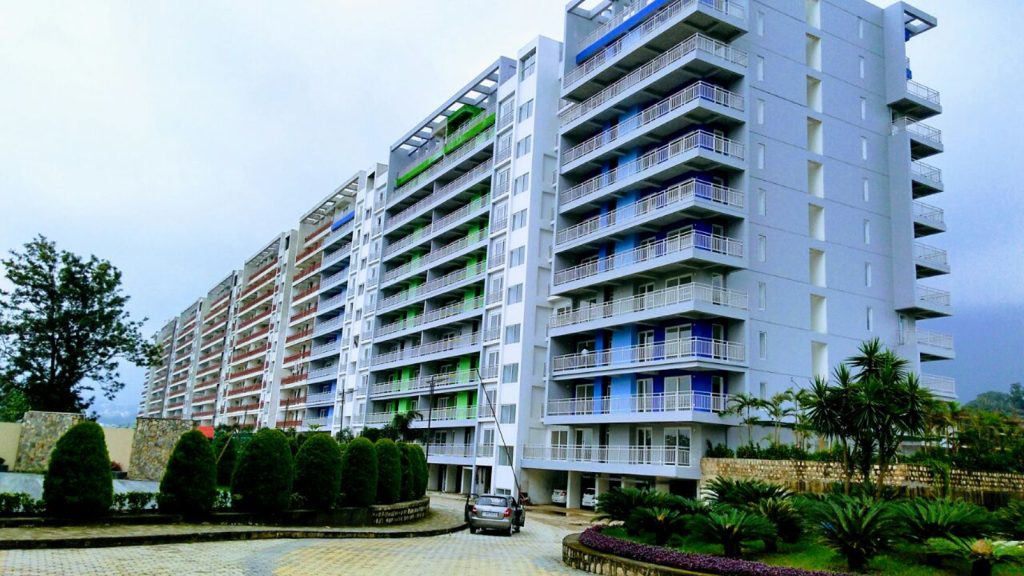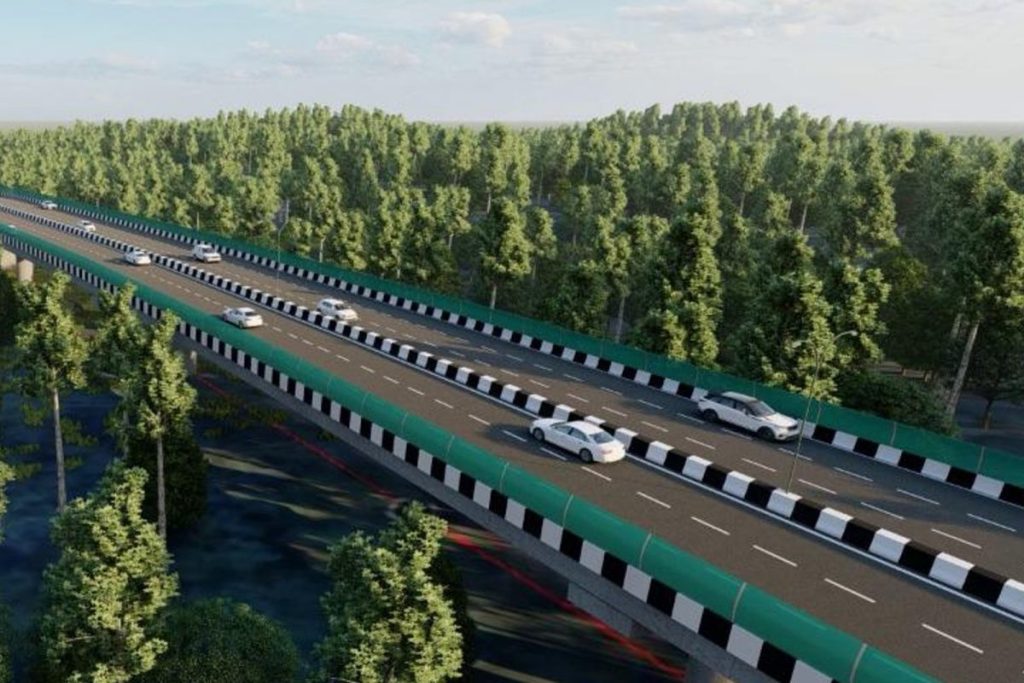How Delhi-Dehradun Expressway will give a boost to real estate
The new economic corridor between Delhi and Dehradun was announced by the Union Minister of Road Transport and Highways Nitin Gadkari in February. The 210-kilometer, six-lane express highway project, which is expected to be awarded by August 2021, will be completed by 2023. The Delhi-Dehradun Expressway will reduce travel time from the national capital to Dehradun from five to two hours.

A new six-lane road will be built from the Sahranpur bypass to connect with Haridwar in the new economic corridor. This route would cut the existing six-hour journey time between the national capital and Haridwar to just two hours. The real estate sector on the stretch is going to benefit from the development, and realtors are upbeat about the development.

Delhi-Dehradun Expressway is going to benefit real estate on the stretch; it will make more reputed developers come up with projects in tier II cities falling on this stretch as many buyers would love to have homes at places where prices are little less than Delhi. The travel time matters these days, and only 2.5 hours to Dehradun will help people buy second homes or holiday homes in this Hill city,” says Harvinder Singh Sikka, MD, Sikka Group.
Real estate development along corridors has become a trend and offers a lot of potential across India. Transport corridors like National Highways and State Highways across India have witnessed significant realty development during the real estate boom. The government has also helped in boosting and promoting industrialization in these areas. A combination of production units, public utilities, logistics, environmental protection facilities, residential areas, social infrastructure, administrative services and few industrial areas has been systematically planned along the corridors. These have further helped and accelerated economic growth.

Haridwar is one of the popular destinations, which will benefit from the Expressway. The city is already on the radar of people looking for holiday homes, and now more people will invest there. “People have always been worried about the time taken to move from Delhi to Haridwar, but with this Expressway, the frequency of travel will increase. The serene atmosphere of Haridwar helps people rejuvenate and get charged up for the hectic professional life. We hope that work completes on time, and with this real estate around this Expressway will prosper, which will add value to people’s lives,” says Nagaraju Routhu, CEO, Hero Realty.

Talking about the development, Abhishek Bansal, Executive Director, Pacific Group, says, “Weekend travels to Dehradun mean that retail sector, especially, malls will benefit from it. People love to shop and enjoy at places that are away from their work cities, and with only 2.5 hours of travel, people would throng Dehradun for the perfect getaway that it promises. We foresee a new wave of mall culture in the city as there would be a huge increase in footfalls, especially on weekends.”
Another boost for the real estate in Uttarakhand is the Metro rail corridor planned from Nepali Farm to Vidhan Sabha in Dehradun district. The 73-kilometer Deharadun–Haridwar–Rishikesh Metro Rail corridor in Uttarakhand was authorized by the Unified Metropolitan Transportation Authority (UMTA) in June 2020.






